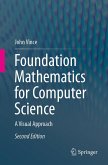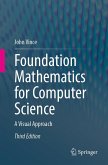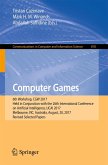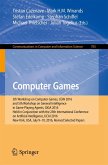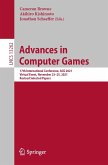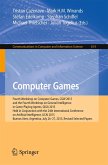Each chapter includes full-colour illustrations to clarify the mathematical descriptions, and in some cases, equations are also coloured to reveal vital algebraic patterns. The numerous worked examples will consolidate comprehension of abstract mathematical concepts.
Foundation Mathematics for Computer Science covers number systems, algebra, logic, trigonometry, coordinate systems, determinants, vectors, matrices, geometric matrix transforms, differential and integral calculus, and reveals the namesof the mathematicians behind such inventions. During this journey, John Vince touches upon more esoteric topics such as quaternions, octonions, Grassmann algebra, Barycentric coordinates, transfinite sets and prime numbers. Whether you intend to pursue a career in programming, scientific visualisation, systems design, or real-time computing, you should find the author's literary style refreshingly lucid and engaging, and prepare you for more advanced texts.
Dieser Download kann aus rechtlichen Gründen nur mit Rechnungsadresse in A, B, BG, CY, CZ, D, DK, EW, E, FIN, F, GR, HR, H, IRL, I, LT, L, LR, M, NL, PL, P, R, S, SLO, SK ausgeliefert werden.



